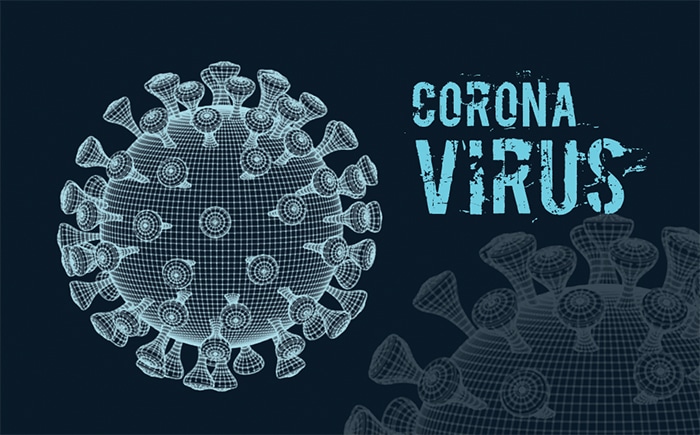
It’s omicron’s time now, like it or not.
That according to Dr. David Colby, Chatham-Kent’s chief medical officer of health.
He addressed the Board of Health on Dec. 15, stressing the latest variant of the COVID-19 virus is very concerning.
Omicron was only identified as a variant of concern in late November, but it’s taking over.
Based on last weeks’ figures, Colby said the country has seen 89,000 new cases over the previous four weeks, and new cases were up by 32 per cent, while active case counts are up nearly 30 per cent.
The good news from all the new cases is that deaths are only up one per cent, and hospitalizations up two per cent.
What Colby said he finds worrisome is that intensive care unit occupancy is up six per cent in the previous two weeks.
Chatham-Kent has the dubious honour of being one of three provincial hot spots for COVID-19 these days. Colby said along with Kingston-Frontenac and Leeds-Grenville-Lanark, Chatham-Kent is a provincial leader in level of increase in cases per capita.
What’s more, it’s getting harder to trace how someone got the virus.
“The most chilling stat here is that 22.5 per cent of our cases are unlinked to other known cases,” Colby said. “That indicates we have community spread that is happening outside of our contact tracing abilities.”
Omicron is forcing its way though vaccinations too. Colby said of COVID-19 cases here since July 1, more than 63 per cent were in the unvaccinated, a figure that is dropping. About 20 per cent of infections took place in fully vaccinated. That number is rising.
“I have no doubt that is due to the spreading of the omicron variant,” he said.
The vast majority of cases that require hospitalization are in people who are unvaxxed or not fully vaccinated, however.
“Vaccinations are known to help prevent the extreme outcome of hospitalization,” Colby said.
Still, omicron blowing through vaccinations is concerning, he said, as two doses of the vaccine were shown to provide about 85-per-cent protection against delta and about 99-per-cent protection against severe outcomes from the virus. With omicron, those numbers fluctuate, to 40-per-cent effective in terms of protection and about 80-90-per-cent effective against severe outcomes.
“We’re bracing for impact,” Colby said.
However, he added a booster shot looks promising in helping to protect against the virus, as preliminary data indicates this to be true, but there is not a lot of data to review at this point.
“The bottom line is that omicron can spread in double-vaccinated people. We hadn’t seen much of that with delta,” he said, adding that does not mean vaccines are worthless. “People immediately jump to the conclusion that vaccinating is no good because it can spread in vaccinated people. The vaccine is extremely effective at preventing people from having severe outcomes. This certainly does not mean that the vaccine is not worthwhile.”
Colby said across the province, health-care workers are being asked to focus on getting needles in arms as fast as possible.
“Everyone needs to chip in to make sure there are enough vaccinators,” he said. “We will look at doctors suspending their practices to help, dentists, firefighters, medical students, nursing students, anyone who can do this. The priority is to get third doses into the arms of anyone over (age) 50 and those with compromised immune systems.”
The mutation of COVID-19 is not a unique situation. Colby says all viruses mutate. And now, with omicron, we have a more contagious version of COVID-19.
“Already it is the dominant strain in Ontario. It is incredibly contagious. Everywhere it goes, there is explosive spread,” he said.
At the beginning of last week, less than three weeks since it was identified, omicron is responsible for 80 per cent of new COVID-19 cases in Ontario.
However, Colby said omicron is less virulent, based on studies conducted in other countries.
“But the projections are extremely worrisome due to the sheer numbers that we are talking about. Even if only half as many patients proportionally become seriously ill, when you are dealing with such numbers of cases, there’s still the potential to overwhelm the health-care system,” Colby said.
Colby said regardless of any point in the COVID-19 time frame, some key issues remain unchanged.
“We can’t forget the importance of ways to help control the virus’ spread – physical distancing, repeated hand washing, wearing a mask and avoiding indoor gatherings,” he said. “We shouldn’t have to keep saying this at this point in time, but it’s no less important now than it was at the start of the pandemic.”






